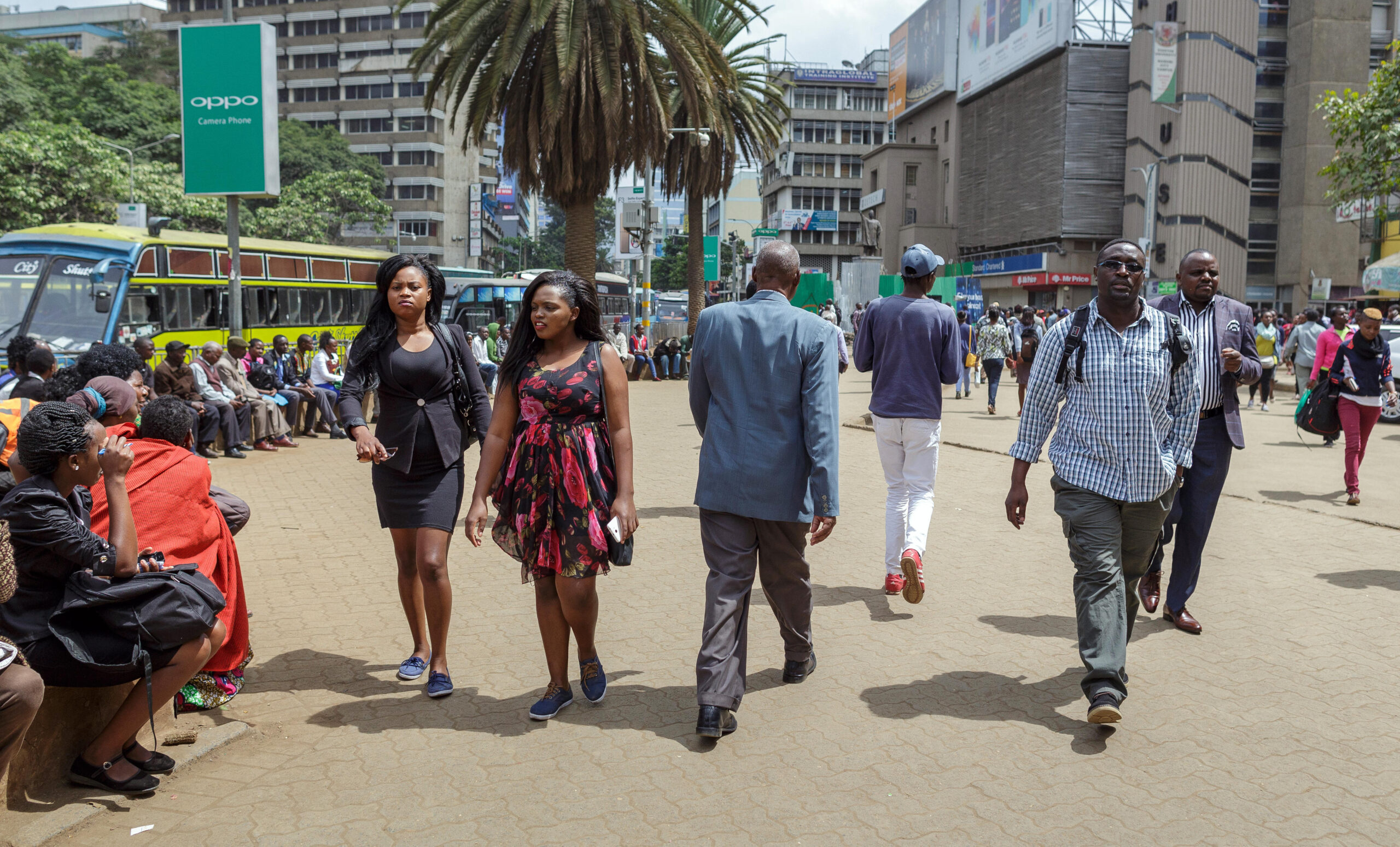Kenya, often celebrated for its stunning landscapes, vibrant culture, and world-renowned wildlife, has long been a top destination for travelers from around the globe. From the iconic Maasai Mara to the pristine beaches of Diani, Kenya offers an unforgettable experience. However, recent travel advisories from countries like the US and UK might raise concerns for potential visitors. At Street.co.ke, we believe Kenya remains a safe and welcoming destination for foreigners when proper precautions are taken. Here’s why Kenya is a great choice for your next adventure.
1. Robust Tourism Infrastructure
Kenya has a well-developed tourism industry, designed to cater to international visitors. Major cities like Nairobi and Mombasa, as well as popular tourist destinations such as the Maasai Mara National Reserve, Amboseli National Park, and the coastal regions, are equipped with world-class hotels, resorts, and tour operators. These establishments prioritize guest safety, often employing private security and adhering to international safety standards. For instance, many safari lodges and beach resorts have trained guides and rangers to ensure safe wildlife experiences and secure environments for guests.
2. Government Commitment to Security
The Kenyan government has made significant strides in bolstering security, particularly in areas frequented by tourists. Following past incidents, Kenya has invested heavily in counter-terrorism measures, including enhanced training for security forces, often in collaboration with international partners like the UK. These efforts have strengthened security in urban centers and tourist hubs, making places like Nairobi’s central business district and coastal resorts safer for visitors. The government’s commitment to maintaining Kenya’s status as a regional tourism hub ensures that safety remains a top priority.
3. Safe Travel in Popular Tourist Areas
While certain regions, such as those near the Somalia border or specific Nairobi neighborhoods like Eastleigh and Kibera, have been flagged in travel advisories due to security concerns, the vast majority of Kenya’s tourist destinations are considered safe. Areas like the Maasai Mara, Tsavo National Park, and Diani Beach are far from high-risk zones and have seen minimal incidents affecting tourists. For example, in 2024, Kenya welcomed 1,249 cruise ship tourists to the Coast, with officials assuring their safety despite regional advisories. By sticking to well-traveled routes and reputable tour operators, foreigners can explore Kenya with confidence.
4. Proactive Safety Measures for Travelers
Kenya’s tourism sector and local authorities provide clear guidelines to ensure visitor safety. Foreigners are encouraged to take standard precautions, such as avoiding isolated areas at night, traveling in groups, and using trusted transportation services. Enrolling in programs like the US Smart Traveler Enrollment Program (STEP) allows travelers to receive real-time security updates, further enhancing safety. Additionally, Kenya’s vibrant expat and tourist communities often share practical tips through local networks, ensuring visitors are well-informed about safe practices.
5. Warm and Welcoming Culture
Kenyans are renowned for their hospitality, and foreigners often report feeling welcomed and supported during their travels. The country’s diverse population, coupled with its history as a global tourism destination, fosters an inclusive environment for visitors. Whether you’re exploring Nairobi’s bustling markets or engaging with Maasai communities on a cultural tour, the warmth of locals adds an extra layer of comfort and safety. Community-based tourism initiatives, such as those in Lamu Island (accessible safely by air), provide authentic experiences with a focus on visitor well-being.
6. Health and Safety Precautions
Kenya has made significant improvements in healthcare access for tourists, particularly in major cities. Reputable hospitals in Nairobi and Mombasa cater to international visitors, and travel insurance with medical evacuation coverage is widely available. For health concerns like malaria, travelers can take preventive measures such as antimalarial medication and insect repellent, which are readily available. Kenya’s tourism industry also promotes safe food and water practices, ensuring visitors can enjoy local cuisine without worry.
Practical Tips for Safe Travel in Kenya
To maximize safety, foreigners should:
- Plan Ahead: Research destinations and book with reputable tour operators.
- Stay Informed: Monitor local news and follow travel advisories from your home country.
- Travel Smart: Avoid displaying valuables, use secure transportation, and stick to well-populated areas during the day.
- Connect Locally: Engage with trusted guides or local communities for insider tips on safe exploration.
- Secure Documents: Carry a copy of your passport and keep originals in a secure location.
Conclusion
Kenya remains a safe and spectacular destination for foreigners who take reasonable precautions. With its robust tourism infrastructure, government commitment to security, and warm hospitality, the country continues to attract millions of visitors each year. Whether you’re chasing the Big Five on a safari or relaxing on Kenya’s stunning beaches, you can explore with confidence. At Street.co.ke, we invite you to discover the beauty and safety of Kenya for yourself—just plan smart, stay aware, and immerse yourself in the adventure of a lifetime.
For the latest travel updates and tips, visit Street.co.ke and follow local authorities for real-time information.

